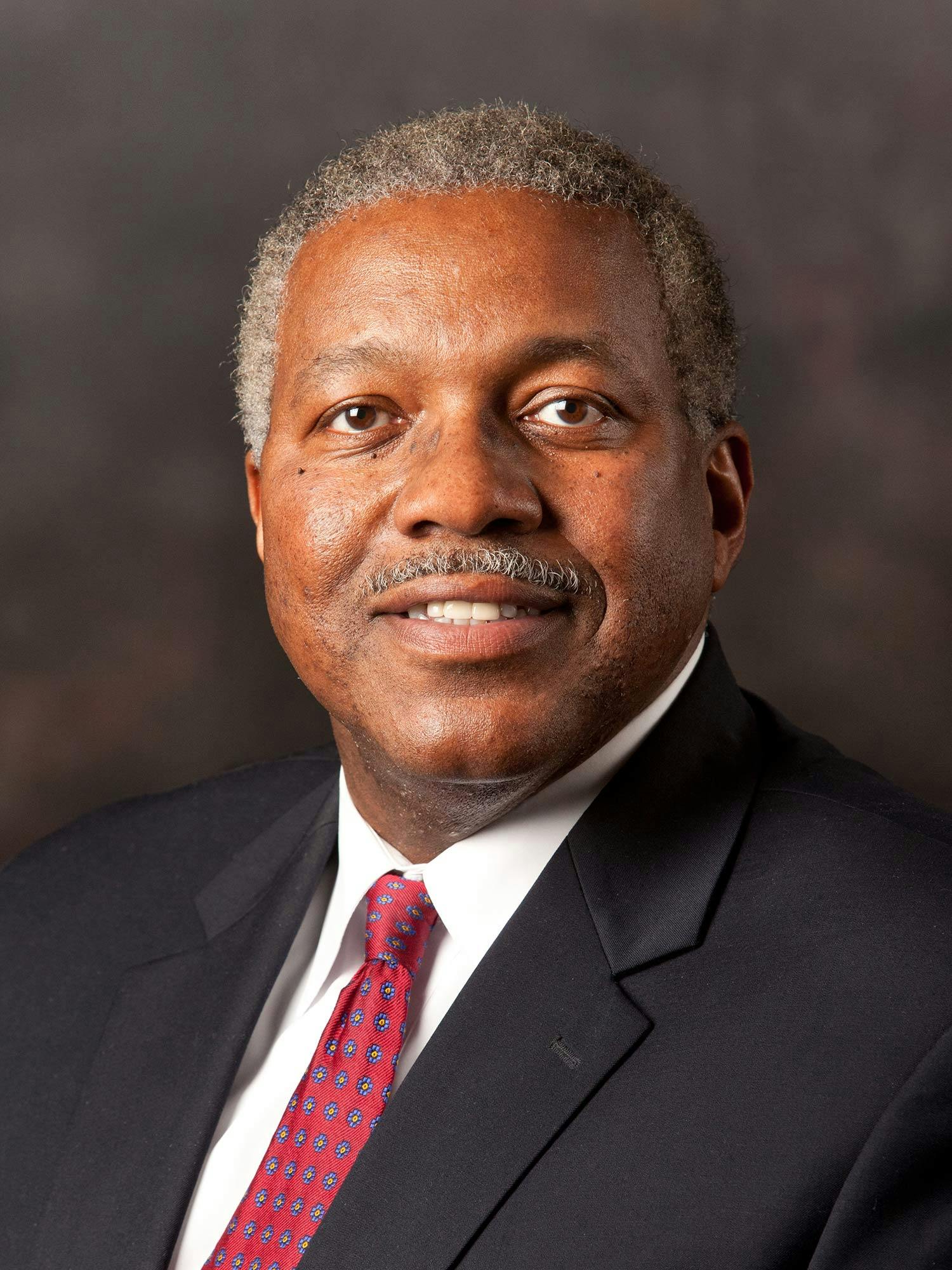Department head selected as an inaugural USG Chancellor's Learning Scholar
Rob Branch, professor and department head of career and information studies, was recently selected to join the inaugural group of the University System of Georgia (USG) Chancellor’s Learning Scholars.

The Chancellor’s Learning Scholars act as facilitators of USG Faculty Learning Communities (FLC), which provide faculty and staff the opportunity to enhance their understanding of topics related to teaching and learning.
“I believe leading a USG Faculty Learning Community will allow me to promote instructional designs that facilitate active, multi-functional, inspirational and situated approaches to student-centered learning,” said Branch.
Scholars receive extensive support and training with teams of experts from USG’s Centers for Teaching and Learning (CTL). These workshops allow participants to focus on course enrichment strategies, such as interactive lectures, inclusive pedagogies and integrated course designs.
“This program flips the model for system initiatives by establishing and supporting Faculty Learning Communities within each institution,” said Jeffery Galle, associate vice chancellor for academic affairs of the Board of Regents. “A second aim is to strengthen a network of faculty connections across the state through a common listserv, the USG CTL invitation and our common webinars.”
The ultimate measure of success is the impact of course enrichment strategies on the learning of Georgia students, he added. Resources provided by CTL have been proven to help increase student engagement in the classroom.
Branch’s areas of expertise include instructional design, visual literacy, project management and strategic planning. He implements instructional strategies in his teaching philosophy to help students become independent learners.
In 2017, Branch was awarded the Special Service Award from the Association for Educational Communications and Technology (AECT) for his significant contributions to improving instruction and learning through technology.